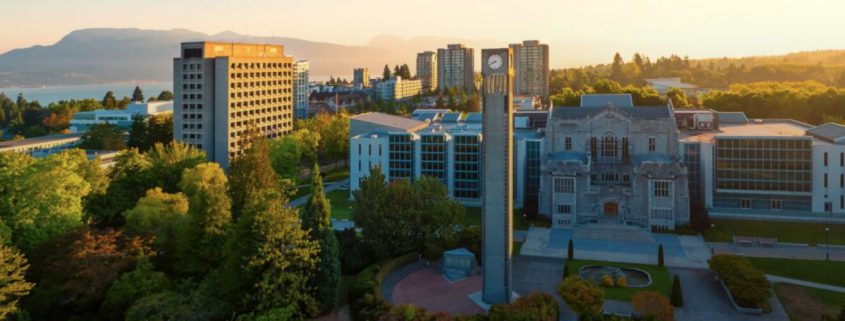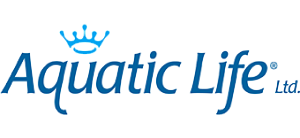
THE CONFERENCE
The Mine Water Solutions 2018 organizing committee and the University of British Columbia are hosting the 3rd Annual Mine Water Solutions Conference (MWS2018) in Vancouver Canada from June 12th to 15th, 2018.
Mine Water Solutions 2018 is the third innovative conference that will examine a wide range of water issues stretching through societal, financial, business and technical. It includes topics like: water as an asset, operational water management and managing water in different climatic settings.
The conference will provide a forum for presentation and discussion about successful practices that enable responsible mining to be undertaken in challenging environments. All aspects of mine water management, including hydrology, hydrogeology, diversion, containment, conservation, minimization of water-quality impacts, seepage interception and treatment may be addressed.
The conference will be an opportunity for practitioners in the mine water field to discuss – research, design, equipment, engineering, operation and closure activities with the global mine water community. Papers from practitioners will be part of the conference proceedings.
Conference themes include:
Water as a Valued Asset
- Cost/Value of Water
- Operational water efficiency
- Water quality for the water use
- Fate of post-closure water
- Operational water as a component of basin wide water use and value
- How society and other stakeholders value water
- Sharing water with the community
Regulatory and Social Challenges
- Creative water partnerships
- Creative solutions for mine/community water resource sharing
- Working with local communities and regulators on water supply and quality issues
- Opportunities for Good Samaritan activities
- Water as a human right
- Water as a salve for conflict – mining’s social licence to operate
Operational Water Management
- Evaluating the cost-benefit impact of adding reagents
- Managing hydromet circuits to reduce water storage and minimize water loss
- Managing dissolved salts accumulation – you have to take out what you put in
- Managing water usage for dust control
- Dry processing alternatives
- Water reuse and recycling
- Managing water balances
- Mine dewatering in wet environments
- Approaching “zero discharge” through limiting ingress, regeneration, reuse and recycling
- Approaching ‘zero intake’
- Managing water storage & minimizing treatment
- Processing with sea water and recycled municipal waste water
Water Treatment
- Optimizing water treatment for alternative uses
- New business models for water treatment
- Alternative treatment of brines and saline waters
- Passive and active treatment approaches
- In situ treatment approaches
- Evolving water quality standards & implications related to applicable water treatment technologies
- Residual waste stream management
- Water desalination
- Treatment costs
- Proven vs. emerging technologies
- Evolving water quality standards & implications related to applicable water treatment technologies
Water Management in Extreme Climates
- Water Management in Wet Areas
- Precipitation, prediction of flood conditions
- Diversion design, erosion management & water control during extreme events
- Waste management & disposal challenges, control of impacted waters
- Mine and tailing closure to protect surface water & groundwater
- Water balance modeling
- Water Management in Dry Areas
- Water source efficiency / conservation & alternate water supply strategies
- Tailings management to minimize water losses
- Water Management in Cold Areas (Glacial, Periglacial and Permafrost)
- Seasonal effects on water management
- Permafrost characterization, hydrology and water yields
- Cold regions mine site hydrology & hydraulic issues
- Geochemistry issues in cold regions
- Managing permafrost impacts
- Dam design, operating practices & mine closure in cold environments
- Mining close to glaciers
- Mine dewatering in permafrost areas
- Legal & environmental aspects
- Accounting for freeze/thaw in the operating water balance
- Heap leaching in the far north
- Water Management and Climate Change
- Issues associated with la Niña / El Niño
- Prediction tools, strengths, weaknesses, and regulatory requirements
- Modeling climate change for operating and future mines
- Climate change modeling on regional and project specific scales
- Water management lessons learned from other industries
- Contingency planning
- The end of stasis: Uncertainty and the use of historical data to forecast future trends
- Addressing climate changes in EIAs permits and engineering design
- Mitigation measures and monitoring
- Will current methods of estimating extreme floods be valid in the future?
Characterization and Prediction
- Contaminant transport modeling and the implications of moving to transient modeling
- Capacity for reliable prediction vs. evolving regulatory regimes for EIA’s and permitting – how well have we been doing?
- Role for judgment in prediction / forecasting / uncertainty / decision making
- Maximizing ground water data collection methods in deep, expensive drill holes
- Monitoring methods for deep systems
- Geochemical issues related to sampling from depth
- Isotope analysis for source and transport characterization
- Geophysical methods to enhance geological and hydrogeological characterization

